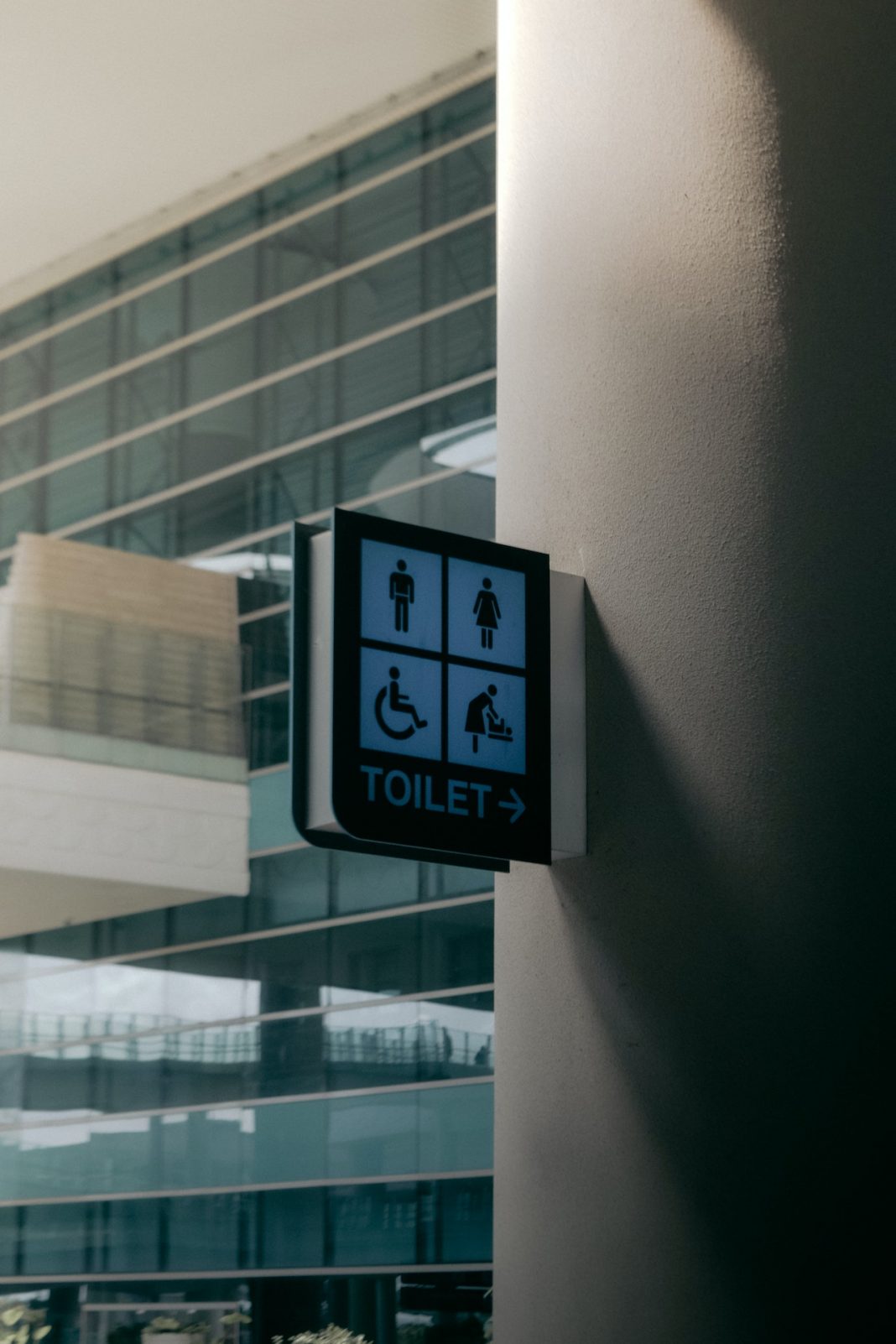Entitled the Women’s Bill of Rights, SB 180 bars trans and intersex women or infertile women from public toilets, changing rooms, and prisons. They are also banned from accessing domestic abuse shelters and rape crisis centres.
As per definition, the bill signifies a female as a person who produces “ova”, or eggs– this means cis women who are infertile or unable to produce eggs could be banned as well under legal terms.
Criticisms On Infertile Women Ban
The regulation is extensively criticized, with one viral tweet from Australian author Kaz Cooke saying that perimenopausal or menopausal women, those taking a contraceptive pill, or anyone else who doesn’t ovulate for various reasons will be prohibited from using women’s public toilets.
The broadly disliked law will take effect on 1 July.
“I am disappointed some legislators are eager to force through extremist legislation that will hurt our economy and tarnish our reputation as the Free State,” Governor Kelly said in a series of tweets.
Opponents of the new law argue that its lack of clarity may result in increased harassment of transgender individuals, and Kansas Republicans are being challenged on how they intend to implement and enforce the regulation.
Democratic Kansas state representative Heather Meyer asked Republican lawmakers, “Are you all going to check the genitals of every trans child who walks into the restroom, or maybe just children in general, so you can figure out who’s a male and who’s a female biologically?”
Is SB 180 ethically lawful?
Regulations that seek to restrict transgender people’s access to public restrooms are based on unfounded fears and misconceptions about transgender individuals. There are claims allowing transgender people to use public restrooms that align with their gender identity may lead to an increase in safety concerns.
Some studies have shown that the so-called infertile women are more likely to be victims of harassment and violence in public toilets when forced to use facilities that do not align with their gender identity. Other studies may also show the contrary.
Everyone has the right to use public facilities without fear of discrimination or harassment, and transgender individuals should be allowed to use the restroom that corresponds with their gender identity.
Read More News
LGB community DIVORCING THEMSELVES from the TQ+ community?
Photo above is from Pexels

